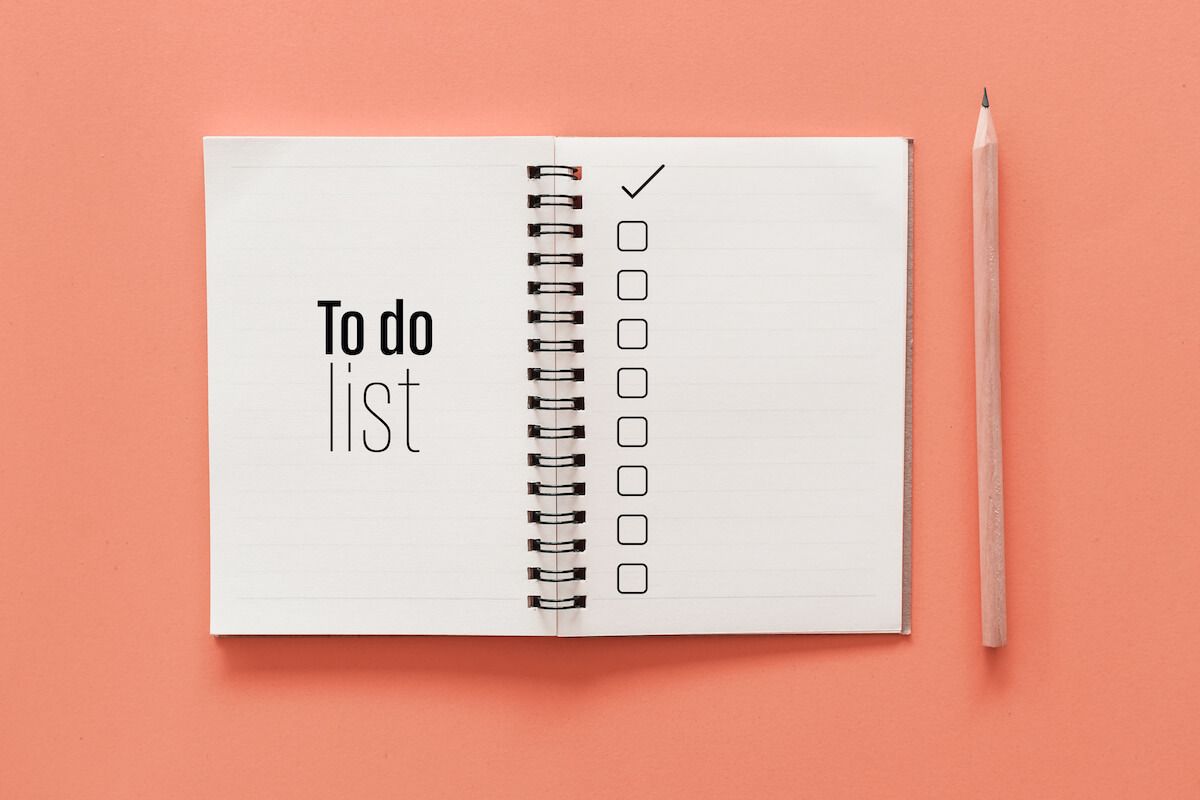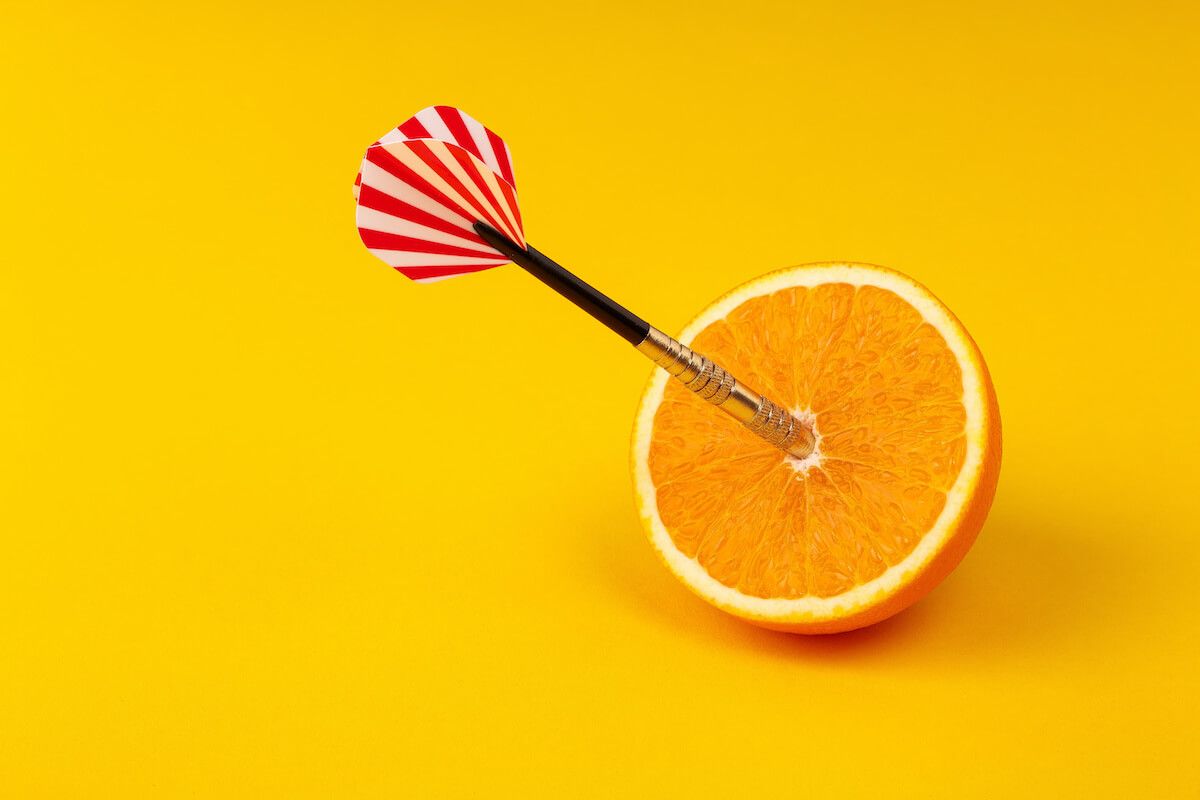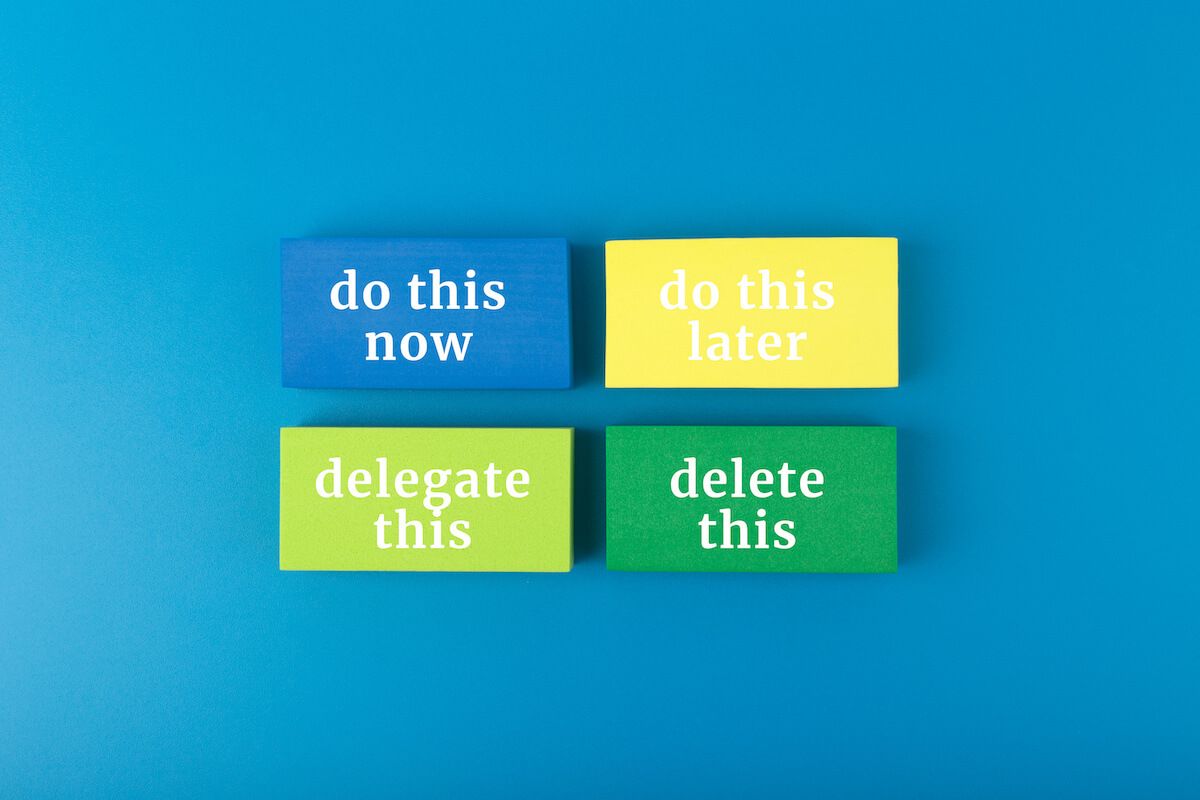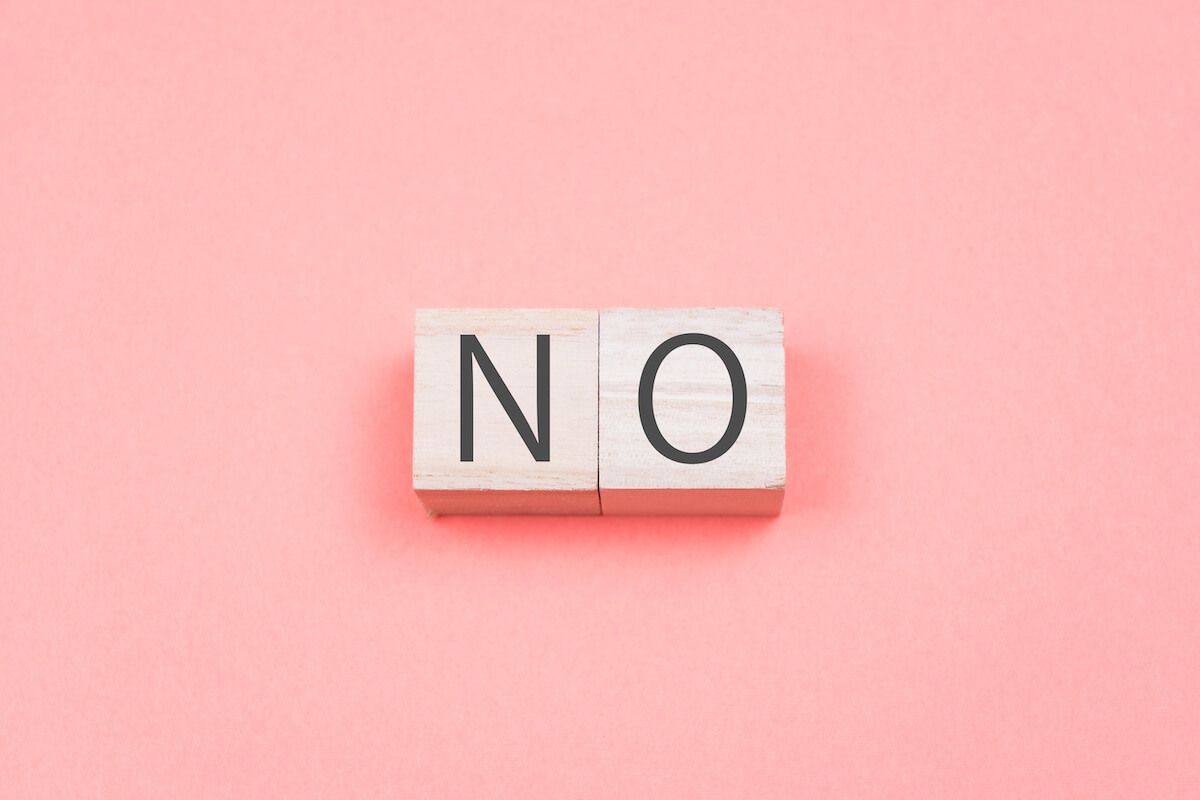Have you ever found yourself at the end of a long day at work, feeling like you've been running on a hamster wheel and getting nowhere? You've worked hard for hours, going from one task to another — but somehow, you feel you've only accomplished a little.
If this sounds familiar, you're not alone. Many people work hard without seeing a great return on their efforts — and it's easy to become overwhelmed by work that feels like it's piling up faster than we can keep up with it.
Imagine getting the same amount of work done in less time and with less stress. What if you could work smarter, not harder? Well, you can.
From sharpening your focus to leveraging technology to automate specific tasks, working smarter rather than just harder can help you increase your productivity and get more meaningful work done in a shorter time. In this guide, we'll share tips, tools, and strategies to help you get the most out of your workday.

To-do lists are one of the simplest and most effective ways to work more efficiently. The key is to list tasks that are prioritized by importance or deadline. Prioritizing helps you focus on the most critical tasks first and ensure that you're making progress toward your goals. Use a physical notebook, a digital tool, or even a scrap of paper — whatever helps you keep your list organized and easy to access. Writing down tasks and checking them off also provides a sense of accomplishment and motivation.
Even though it may feel unproductive, research shows that taking regular breaks (including tiny breaks) during the day can help you be more productive and increase your energy level. Break up the workday with a quick break every couple of hours. Do a few stretches, get out for a walk, or grab a snack. Breaks give your mind a chance to reset and help you work with renewed energy for the rest of the day.
Using the Pomodoro Technique, you can increase productivity by breaking work into manageable chunks. Using a timer, you work for 25 minutes, then take a five-minute break. The routine is repeated several times, with longer intervals after every work session. This helps you avoid distractions by structuring your workday in a manageable and maintainable way.
Work habits such as task batching are an effective way to increase efficiency. With task batching, you work on similar jobs during a designated period instead of tackling whatever comes your way. For example, check LinkedIn once at the end of the workday rather than responding to notifications every time you receive them. This approach reduces multitasking and prevents distractions to help you stay focused and productive.
Automating repetitive and mundane tasks can free your time and energy to focus on more important work. Automation tools like Zapier can help you streamline your workflow and automate predictable tasks such as scheduling and email management. This reduces errors, increases productivity, and reduces stress by eliminating the need to perform repetitive tasks manually.

Setting goals is a fundamental part of working smartly. By clearly defining your goals, you can improve efficiency and effectiveness by spending time on the most important tasks. The SMART framework can help when creating goals, making them Specific, Measurable, Achievable, Relevant, and Time-bound. This approach enables you to stay focused, manage your workload, and achieve your objectives.
Distractions are inevitable in any workday, but they can be detrimental to productivity if not managed effectively. Creating a quiet and private workspace is a great way to reduce distractions. If that's not possible, you can implement soft rules to minimize interruptions. For example, disable notifications on your phone or use apps to block distracting websites and social media. By setting boundaries, you'll be able to stay on task, reduce task switching, and increase productivity.
Working smarter often means working more efficiently, which may also mean working less. To accomplish this, identify tasks that can be delegated or removed from your workday. Establish a priority list and then decide which tasks can be shared. The work could be outsourced to a freelancer, delegated to a team member, or automated. As a result, you can focus on the most important tasks without compromising quality.
Working smarter not harder means not only focusing on productivity but also balancing it with self-care. Without taking care of ourselves, it’s easy to become overwhelmed and burn out. To avoid this, schedule time for yourself during the workweek and prioritize your well-being. This might be joining a yoga class, walking, or reading a book. Allowing yourself to recharge is essential for mental health and well-being.
The Pareto Principle, also called the 80/20 rule, states that 80% of results come from 20% of efforts. This principle can help you work smarter and more efficiently without compromising quality. To use this rule, start by identifying the tasks that produce the most results from your efforts and prioritize those. Then look at the remaining tasks and consider whether they can be delegated, automated, or eliminated.

The ability to prioritize is a key component of working smartly. A time management matrix like the Eisenhower Matrix can help you prioritize your work. Using this tool, you can sort your tasks into four categories: urgent and important, important but not urgent, non-important but urgent, and non-important and non-urgent. Sorting this way helps you quickly identify what needs to be done, what can be delegated, and what can be eliminated, so you can reduce multitasking and focus on the most important thing.
People have different rhythms, and our productivity levels fluctuate throughout the day. Some people are early birds, while others are night owls. Identify when you are most productive and schedule your most important tasks during those times. By aligning your work schedule with your natural energy levels, you can increase productivity, avoid burnout, and complete tasks more quickly.
Incorporating visualization techniques into your workflow can improve your productivity process. Using visualization, you picture the desired outcome as if it has already happened. Take a few minutes each day to close your eyes, breathe deeply, and visualize yourself completing your work tasks successfully. This can positively impact your energy levels, focus, and overall performance.
The 2-Minute Rule is a widely recognized productivity technique coined by David Allen in his book, “Getting Things Done.” This technique states that when a task takes two minutes or less to complete, you should do it immediately. This rule can help you avoid procrastination and complete small jobs on time. As a result, you can focus on the most important things and keep your to-do list more manageable.
Without a clear and structured approach to the workday, it can be tempting to procrastinate or waste time on less essential tasks. To work more efficiently, break the project down into smaller, manageable steps. This allows you to focus on one task at a time and approach the project systematically, reducing stress and increasing efficiency.
Technology can help us work smarter, not harder by simplifying workflows, automating tasks, and providing other helpful functions. Take time to explore the various tools, apps, and software available that can help you do your job more effectively. This could include task or time management systems, automation tools, invoicing software, or even chatbots. Using these tools, you can streamline your workflow and devote enough time to the most important tasks.
Working smarter not harder involves maintaining work-life balance. Setting clear boundaries between work and personal life can help you manage your time and make work more manageable. Create a schedule you stick to and disable your work notifications after work hours. Establishing limits will help you work more efficiently during work hours and reduce burnout by giving yourself enough rest.
Mindfulness is an effective and powerful practice that can help you work smarter, not harder. Incorporating mindfulness into your work habits can be as straightforward or complex as you'd like it to be. The simple act of breathing deeply and being mindful has many benefits, such as increased clarity, better focus, improved productivity, and enhanced job satisfaction.
The 5 Whys method is a powerful problem-solving technique that promotes critical thinking during decision-making. You can use this approach to identify underlying causes of issues so you can work smarter and more effectively to overcome them. By asking "why?" five times, you can determine the root cause and develop a more effective solution.

We know that work-life balance is crucial to working smarter so don’t feel obligated to say yes to every project. When taking on new work, determine which tasks align with your goals and objectives, and decline work that doesn't fit. You will be able to manage multiple tasks and projects more efficiently, preventing burnout.
Rewarding yourself for accomplishments can make work more enjoyable and help you work smarter. Taking time to celebrate the small wins throughout your workday can help you stay motivated and work more efficiently. Don't forget to reward yourself for bigger milestones, too. Your hard work deserves to be celebrated.
Success doesn't have to mean going it alone. Asking for help can be a sign of strength, not weakness. If you find yourself overwhelmed with work tasks or unable to work efficiently, don't hesitate to reach out to colleagues and mentors for advice and guidance. This can reduce stress and help you work smarter, not harder.
Getting enough quality sleep is vital for work productivity and efficiency. A lack of sleep negatively impacts your work, leading to fatigue, decreased focus, and slower work performance. Maintaining good sleep hygiene and a consistent sleep schedule not only helps you work smarter and stay productive throughout the workday but it also improves your overall well-being.
Monitoring and tracking your workday can be a powerful way to work smarter, not harder. By keeping tabs on how you're spending your time, you can identify areas where work processes can be made more efficient. Try tracking your time on tasks or projects, noting how long it takes you to complete each one and identifying those that take up the most of your workday. This information can help you adjust your workflow and make improvements for efficiency.
It can be easy to become overwhelmed or frustrated with work tasks. Staying positive and focusing on the work you have achieved instead of what's left to do can help make work more enjoyable and productive. It's easier to work smarter if you have a positive attitude.
Having too many tabs open on your computer can be distracting and make work less efficient. To work smarter, not harder, limit the number of tabs you keep open during your work sessions. Browser extensions can help you stay organized and work efficiently while reducing distractions.
With the tips included in this guide, you can manage your time more effectively and work smarter, not harder. At the end of the day, by setting boundaries, practicing mindfulness, or asking for help when needed, you can be more productive while also reducing stress and enjoying your work.
I hope you have enjoyed reading this article. Feel free to share, recommend and connect 🙏
Connect with me on Twitter 👉 https://twitter.com/iamborisv
And follow Able's journey on Twitter: https://twitter.com/meet_able
And subscribe to our newsletter to read more valuable articles before it gets published on our blog.
Now we're building a Discord community of like-minded people, and we would be honoured and delighted to see you there.